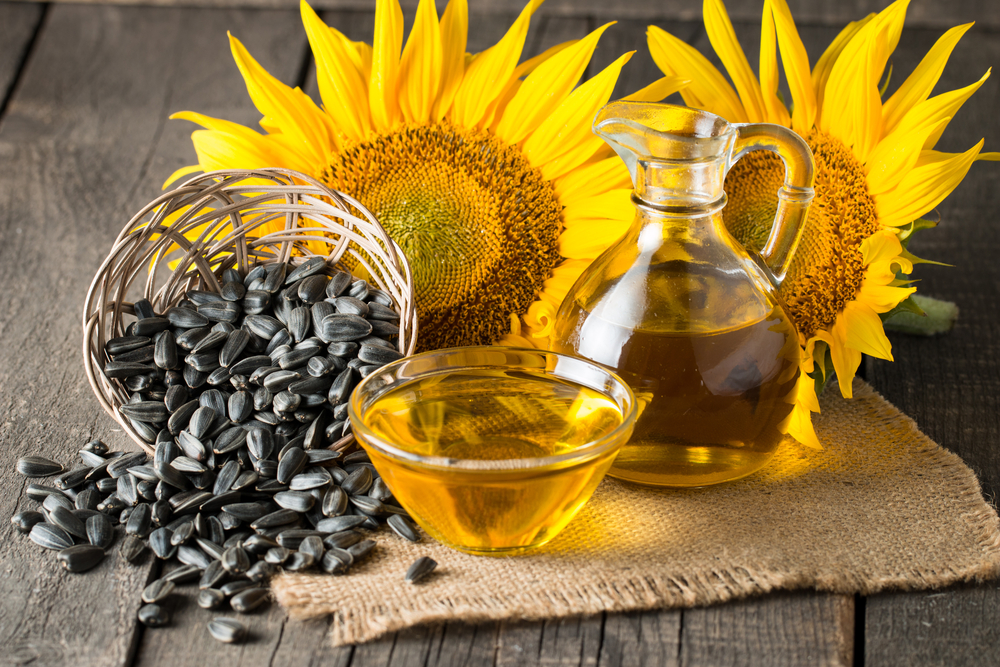
Are Your Favorite Condiments Silently Wrecking Your Health?
Hey, you’re having a salad for lunch. That’s great!
But wait! What’s that dressing you’re drowning it in or that sauce your dipping food into?
Oh no! What are you spreading on your sandwich?
Is that stuff good for you? Not if it’s made from seed oils.
Seed oils, also known as vegetable oils, have become a staple in the modern diet. They are used in a wide variety of processed foods and are often touted as a healthy alternative to animal fats.
However, recent research has shown that consuming seed oils can have a number of adverse health effects.
What are Seed Oils?
Seed oils are oils extracted from the seeds of plants, such as corn, soy, canola, sunflower, and safflower. These oils are commonly used in processed foods, such as crackers, chips, and baked goods, as well as in cooking and salad dressings. They are also used in the production of soaps, cosmetics, and other personal care products.
Here is a list of the most common seed oils in your food:
- Canola oil
- Corn oil
- Cottonseed oil
- Grapeseed oil
- Rice bran oil
- Safflower oil
- Soy oil
- Sunflower oil
How are Seed Oils Produced?
The production of seed oils typically involves a multi-step process. First, the seeds are cleaned and pressed to extract the oil. This oil is generally refined, consisting of heating and chemical treatment methods to remove impurities and improve the oil’s color, taste, and shelf-life. The refining process also removes many beneficial nutrients in the oil, such as antioxidants and vitamins.
If you want to be disgusted, Google videos on how they make vegetable oil. Watching one of those videos will get you off seed oils for good.
Why Should You Avoid Seed Oils?
High in Omega-6 Fatty Acids
One of the main reasons to avoid seed oils is that they are high in omega-6 fatty acids. Omega-6 fatty acids are essential fatty acids that are necessary for human health, but they can also have adverse effects when consumed in excessive amounts.
When consumed in balance with omega-3 fatty acids, they can provide a healthy balance of fatty acids in the diet. However, the typical Western diet is high in omega-6 fatty acids, which can lead to inflammation and other health problems.
Low in Omega-3 Fatty Acids
Omega-3 fatty acids are known for their anti-inflammatory properties and have been shown to reduce the risk of heart disease, cancer, and other health conditions. Seed oils are low in omega-3 fatty acids.
A diet high in omega-6 fatty acids and low in omega-3 fatty acids can lead to an imbalance in the ratio of these two fatty acids, furthering inflammation and possible adverse health effects.
High in Trans Fats
Trans fats are a type of fat formed when liquid oils are partially hydrogenated, a process often used to increase the shelf-life and stability of the oil. Seed oils are often high in trans fats.
Trans fats increase the risk of heart disease and other health problems and should be avoided as much as possible.
Can be rancid
Seed oils are particularly prone to rancidity, which means they can easily become spoiled. Rancid oils can develop harmful compounds and toxins, which can cause inflammation, damage cells, and contribute to the development of chronic diseases.
Conclusion
Avoid seed oils at all costs by reading the ingredients of everything you eat and not falling for the health claims on the label.
They’re lying to you. Want proof?
The next time you’re in the grocery store, pick up a jar of mayonnaise made with “heart-healthy” olive oil. What’s the very first ingredient on the label? We bet it’s not olive oil.
Finally, be careful in restaurants because seed oils are cheap; unless noted otherwise, your food is likely cooked in them. Talk to your server.
Take care, even down there.
Share this Post